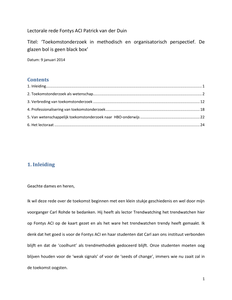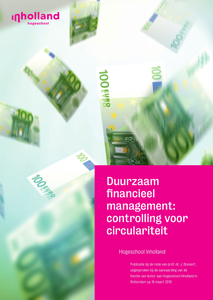The potential of technological innovation to address urban sustainability has been widely acknowledged over the last decade. Across cities globally, local governments have engaged in partnership arrangements with the private sector to initiate pilot projects for urban innovation, typically co-funded by innovation subsidies. A recurring challenge however is how to scale up successful projects and generate more impact. Drawing on the business and management literature, we introduce the concept of organizational ambidexterity to provide a novel theoretical perspective on sustainable urban innovations. We examine how to align exploration (i.e., test and experiment with digital technologies, products, platforms, and services) with exploitation (i.e., reaping the financial benefits from digital technologies by bringing products, platforms, and services to the market), rooted in the literature on smart cities. We conclude that the concept of ambidexterity, as elaborated in the business and management literature and practiced by firms, can be translated to the city policy domain, provided that upscaling or exploitation in a smart city context also includes the translation of insights from urban experiments, successful or not, into new routines, regulations, protocols, and stakeholder/citizen engagement methods.
DOCUMENT

Introductie van het lectoraat Futures Research & Trendwatching.
DOCUMENT

In deze rede willen we helder krijgen welke ontwikkelingen in het bedrijfsleven van invloed zijn op ondernemingen en het financieel management van deze ondernemingen. Met name het streven naar een circulaire economie wordt als een ontwikkeling van betekenis gezien.
DOCUMENT
